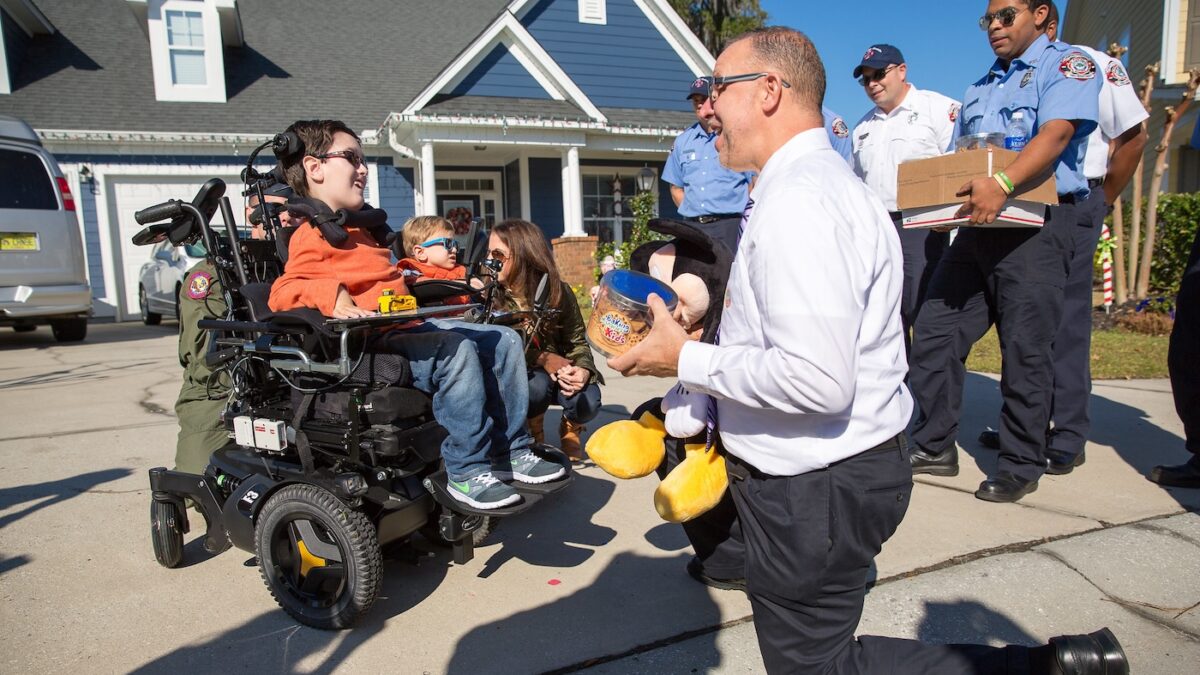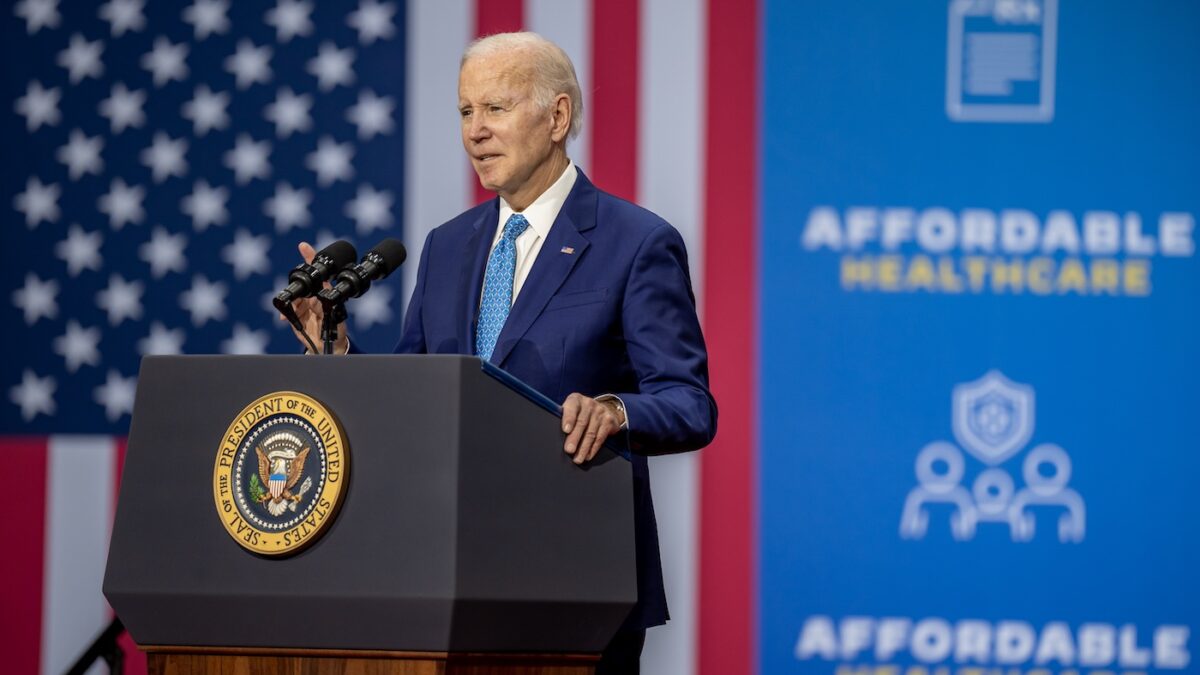If the left wants to talk about Obamacare and how the law helps individuals with preexisting conditions, they might want to learn about Alexander Davis and his mother, Anastasia. They are but two of the people being harmed by that law’s flawed sense of priorities.
Over a decade ago, I wrote that “by extending health coverage to those who should be able to work, Obamacare could jeopardize the coverage of disabled populations.” That’s exactly what has happened in Indiana in recent weeks. Other states should take note because their vulnerable people could suffer the same harm.
‘Accounting Error’ Creates Fiscal Chaos…
The problems in Indiana started when Medicaid spending projections for the current budget exceeded the original target by $1 billion. Call it a “forecasting error,” call it (as one Democrat lawmaker did) an “accounting error,” but $1 billion represents real money.
When the error was discovered in December, the state budget director said the cost overrun presaged difficult choices about rising Medicaid spending: “This amount of growth cannot continue, so there’s going to be some tough decisions ahead.” Several weeks later, Alexander and Anastasia Davis found out who would bear the cost of those tough decisions — they would.
…And Medical Chaos Follows
The Indianapolis Star picked up the story in January:
Fifteen-year-old Alexander Davis is physically dependent on other people for all of his needs, from getting in and out of his power chair to sipping a drink. But the straight-A Tipton student, who has spinal muscular atrophy, is his own spokesperson. In a meeting … at the Indiana Statehouse Monday, he and his mom, Anastasia, tag-teamed their case for why the state’s plan to cut the family caregiver program will wreak havoc on their and hundreds of other families.
“I’m not trying to get rich off my son — I’m just trying to care for him,” Anastasia Davis pleaded. … “So we’re just trying to communicate that these kids shouldn’t be bailed on.”
If Indiana’s proposal goes ahead, parents like Anastasia Davis will have to have a non-family member care for their child — that is, if they can even find an eligible, interested, and qualified caregiver at a time when such workers are in great demand nationwide. If they cannot find such a caregiver, family members will get transitioned into a new system giving them a daily stipend for continuing to provide care, one that Anastasia Davis says will pay her only about one-quarter of the amount she currently receives.
Obamacare’s Role
Anastasia, who says she could not find a qualified nurse to care for her son previously, told the Star that she “hasn’t had a job in 15 years because taking care of her son is a full-time occupation.” That statement brings with it no small amount of irony because Indiana is cutting services like care for her son so it can continue to participate in Obamacare’s expansion of Medicaid.
According to 2012 data from the Urban Institute, over three-quarters (75.8 percent) of those eligible for Medicaid expansion under Obamacare in Indiana are adults aged 18 to 64 without dependent children. (Nationwide, the percentage is even higher, at 82.4 percent.) Yet rather than scaling back or eliminating this expansion to able-bodied adults, Indiana is instead deciding to take away critically important caregiving services for vulnerable people with disabilities like Alexander Davis.
On its face, that decision makes little sense — until one recognizes the perverse incentives created by Obamacare. That law gives states a 90 percent federal Medicaid match to cover able-bodied adults, while in the current fiscal year, Indiana will only receive a 65.62 percent Medicaid match to cover individuals with disabilities like Alexander.
Unfortunately for Alexander and his mother, money — specifically, the money Washington gives to Indiana via Obamacare — talks. Because states get more money to cover able-bodied adults than individuals with disabilities within Medicaid, Indiana will put them at the head of the line to receive benefits. As a result, families of special-needs children like the Davises will get the shaft.
Not a Compassionate Law
I noted back in 2013 that the policy choices in Obamacare were “antithetical to traditional American values,” including “a safety net focused on protecting those in greatest need.” People like the Davises represent some of the first Hoosiers who should qualify for government benefits.
Instead, states like Indiana will cut services to some of the most vulnerable households because Obamacare wants states to focus on expanding a culture of dependence on all citizens. That’s not compassionate toward the Davises — and in the long run, it isn’t compassionate to those able-bodied adults who will become trapped in a cycle of government-imposed poverty either.









